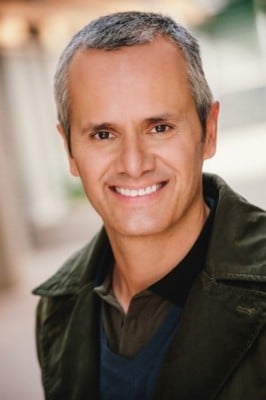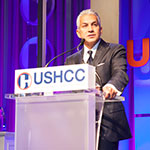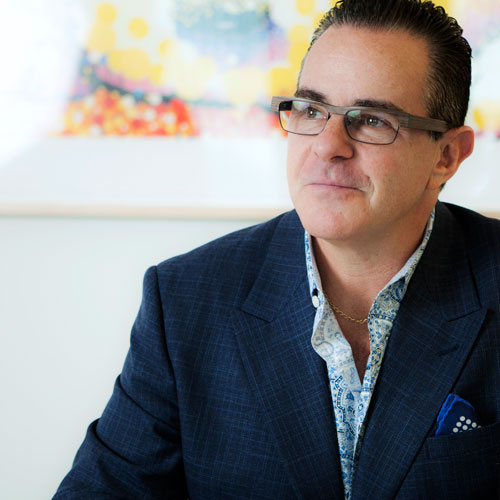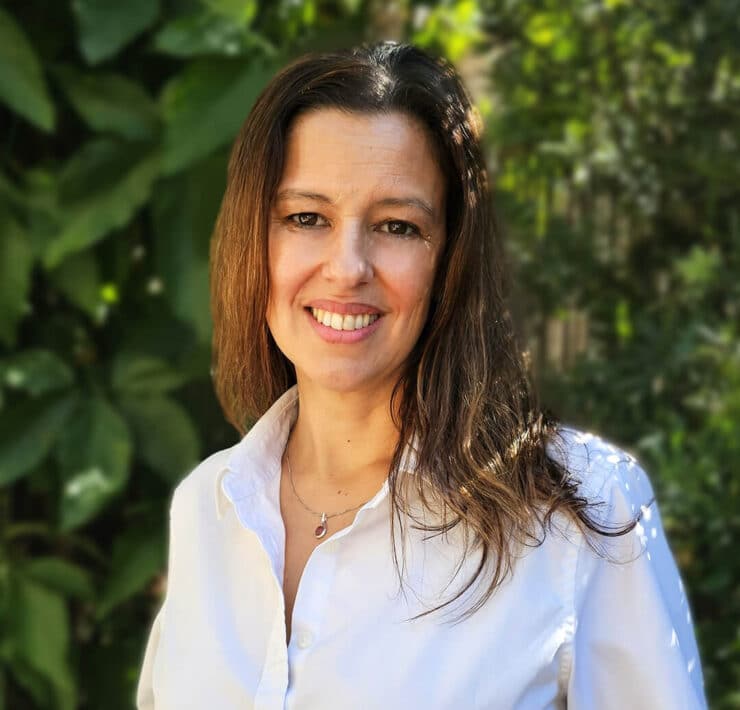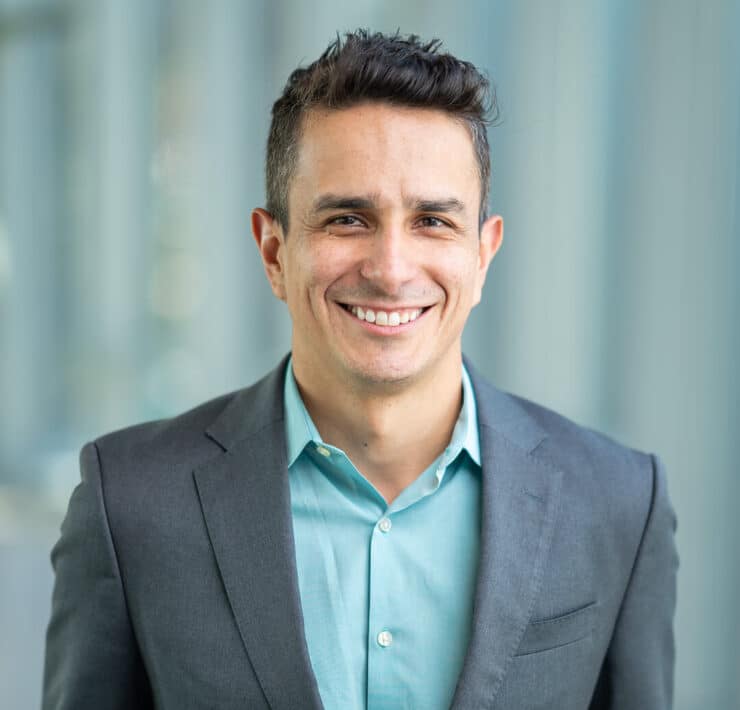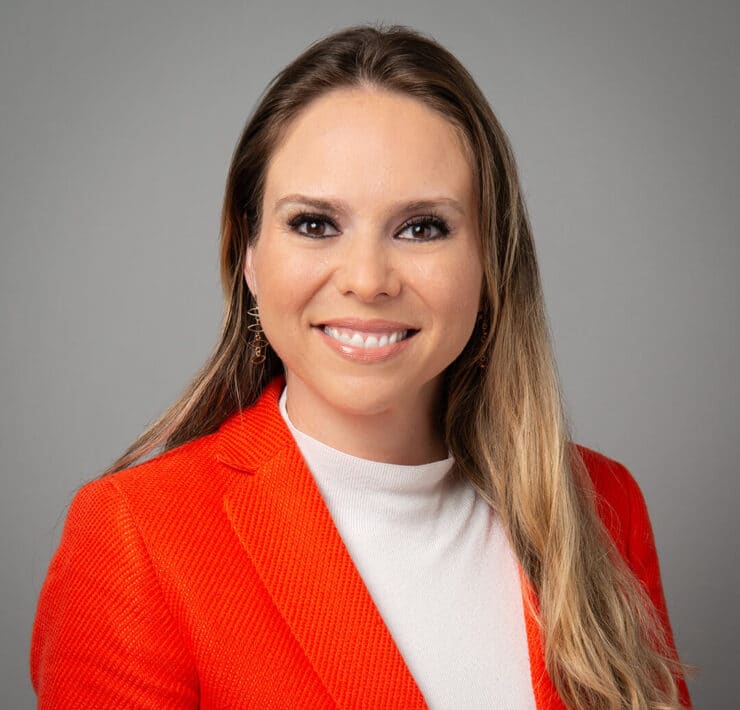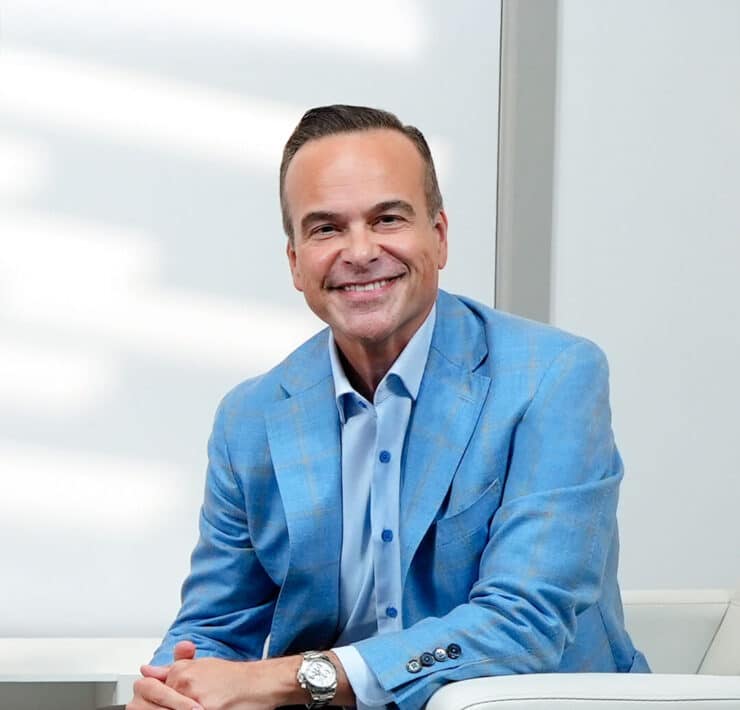Luis Fernandez spends his days with Mickey Mouse, Cars, and the cast of Frozen. As creative head of the company’s consumer product division, it’s the 15-year veteran’s job to design packaging, logos, and themes for billion-dollar franchises. Born in Mexico City, Fernandez started his career in graphic design and now manages designers, character artists, and other creative groups.
HE: What is your key to being an effective leader of a large, multinational organization?
Luis Fernandez: It’s very important to be adaptable and open to change. In college I wanted to design record covers. If I had stuck with that narrow focus, I probably wouldn’t have a job today. My graphic design talents got me in the door at Disney, but now I handle so many more areas. The need to be adaptable is true in leading a team in a creative community. I’m aware of the constant need to communicate and look to expose my team to new ideas that might spark some creativity.
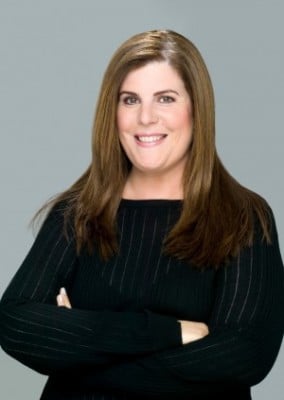
Rita Ferro started her career with Disney seventeen years ago in international sales and now oversees all branded media platforms. Her team of three hundred employees works on all Disney Channel, Disney XD, Disney Junior, Radio Disney, and Disney Interactive ad sales and promotional partnerships. She is from Coral Gables, Florida and attended Florida International University.
Rita Ferro: Working in such a large organization has many benefits, but a leader must understand that these exist to act as facilitators and drivers of opportunity. Sometimes the right decision isn’t the one that benefits you, but the one that benefits the company as a whole. As a leader, you have to manage opportunities through your organization. Change is inevitable. Embrace it and adapt quickly.
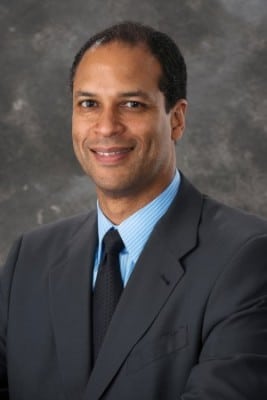
Raised in the Bronx, New York, Lino Garcia entered the cable business twenty-five years ago. He worked at HBO and Sony before joining ESPN to launch ESPN Deportes almost eleven years ago. Since then, he’s helped make the Spanish-language network and brand a leading US multiplatform operation.
Lino Garcia: My key is to understand the bigger picture of where and how a specific area or department fits into the company as a whole. Collaboration and teamwork are essential. No single group or department can do it all alone in a silo. Communication and respect for what others do is important while still making the case for why what you and your team do is essential to the company’s overall success.
How are you able to stay current in a constantly evolving industry?
LF: At any given time, we are working on different projects from Frozen to ESPN to vintage Mickey Mouse. We work eighteen months in advance of a product being on a shelf. We dive into research for each project because we want to deliver something relevant to the marketplace by observing and analyzing trends.
LG: Our reputation as innovators in our space requires us to keep our competitive edge and serve our advertisers and audiences, which puts us in a position of not only having to stay current, but also having to look at what’s next. As we continue to look for better ways to serve our fans anytime, anywhere across multiple platforms, we also look for the best in class in each of those mediums as benchmarks for us to surpass.
How do you market to the Hispanic community?
RF: We have brands that over index against the Hispanic population. Studies show they love our channels and spend a lot of time online. When we do community events with big Latino populations, we make sure we have bilingual hosts because while the kids in attendance likely speak English, their caregivers typically speak Spanish. We consider all of this when putting forth promotions and prizing, too. For example, we keep in mind that Latino families tend to be larger in size and travel with extended family members as we create our multicultural programs.
LG: We start by providing the content they need and want, understanding that our fans come from all over Latin America with different affinities. It needs to be said, though, that the overwhelming majority come from Mexico, so we’ve developed ways to super-serve that community without alienating the rest of our fans. We find common ground with soccer, which appeals to an even larger part of our fan base, while keeping the option to serve up the variety of sports that ESPN can deliver.
How does your Hispanic background inform your role at Disney?
LF: I draw upon my heritage on a daily basis. We take field trips to immerse our team in what it means to be Hispanic in the United States because it’s imperative that we reach this group. This approach makes what we pitch to the company become more relevant.
RF: I feel like it’s natural for us to embrace diversity, which is a point I like to make when we meet with partners to discuss how to help them reach and target the Latino community. I also enjoy giving back and mentoring Latinos because I know how important it can be to have a mentor, when one is just starting out, who shares his or her background and experiences.
LG: Given my Puerto Rican background, I grew up with a Latin sensibility. Furthermore, my previous experience running a pan-regional network in Latin America has given me direct insights from US Hispanic root countries. All this has certainly helped me better serve our diverse audience.
What advice can you offer Latinos on how to succeed in the multimedia world?
LF: Again, be open to change. That’s a big key that has really helped me in my career. Love what you do, and do it with a passion. It will show in your work.
RF: It doesn’t just happen—you have to want it. Believe that you are capable, and raise your hand for projects. I recently had lunch with a young Latina on my team. Following that, she sent me a note thanking me telling me what an inspiration I was to her as a Latina starting her career. It opened my eyes to how I have an important responsibility, as a Latina leader and executive, to continue to be an inspiration to her and other Latina businesswomen.
What do you like most about your job?
LF: I love the size of this dynamic company. We’ve merged with Pixar, Marvel, and Lucasfilm. I never thought I would have the chance to work on Star Wars. This job constantly challenges me and pushes me to be better in new and unexpected ways.
RF: The brands I work on. Also, I have smart bosses who challenge me to look at our business in different ways and allow me to challenge them, too. You don’t have that everywhere.
LG: We’re all doing what we love. Having started something that I’ve been able to watch grow has been very fulfilling.
What will be most important to your success in 2014?
LF: We never stop thinking about what will appeal to the consumer in any given season. We’ve got lots of exciting projects on deck as we move deeper into the year.
RF: Our viewer population is a big priority with continued growth in our international business. We have 110 channels around the world. Collaboration across our various teams, both in the United States and internationally, is critical because you never know where the best ideas will come from.
LG: We’ve got the World Cup this year and ESPN Deportes will be stationed in Brazil—in, about, and around the game. We’ll have gavel-to-gavel coverage all day, every day, giving insight on multiple platforms. We’ll also aggressively grow our digital business, especially on the mobile side.

